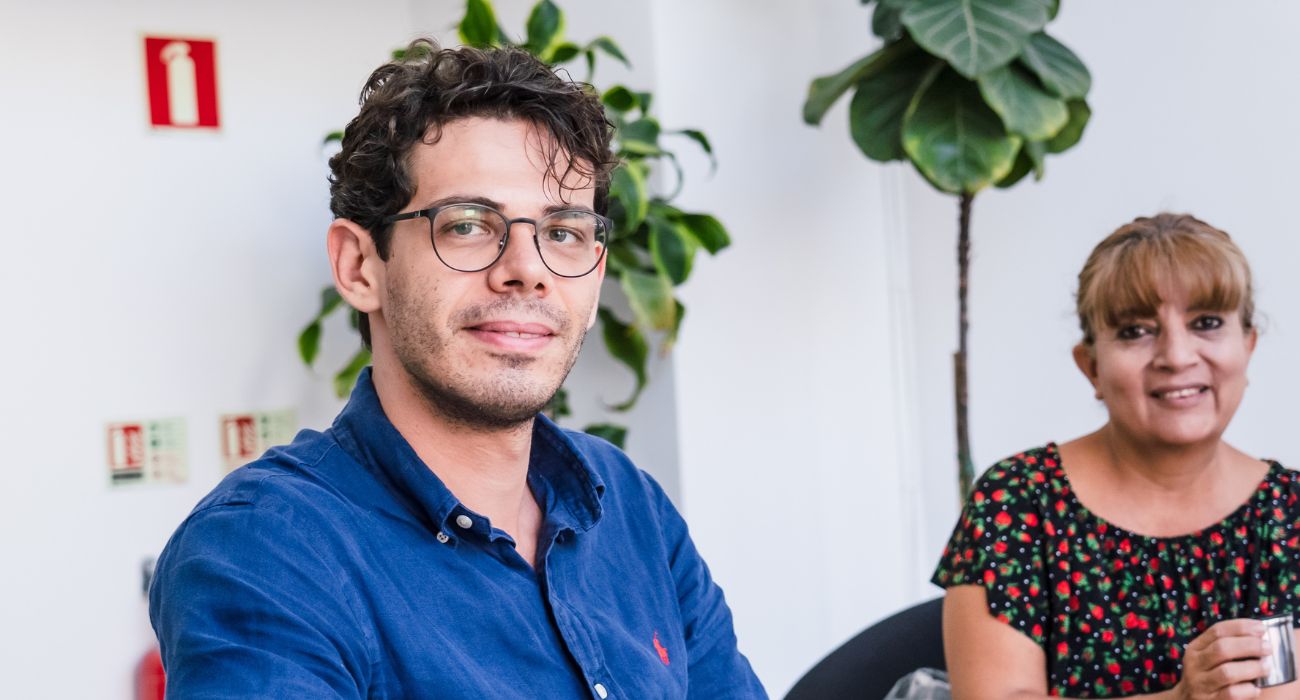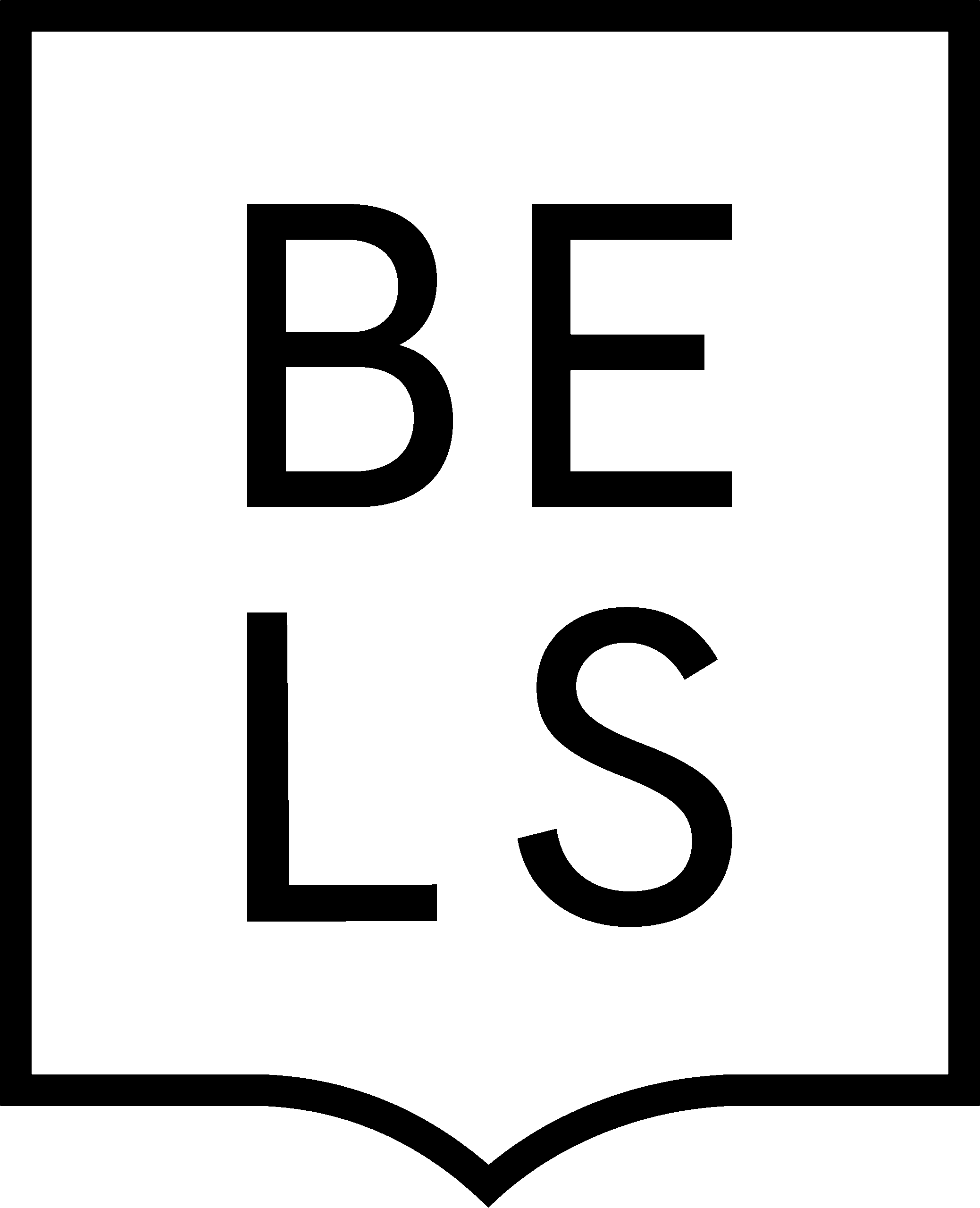How to Prepare for a Job Interview in English
Job interviews in English can be challenging for non-native speakers. In this blog, we provide helpful tips, language skills, and interview questions to assist English learners in preparing for successful job interviews.

Entering the job market can be an exciting yet nerve-wracking experience, especially for non-native English speakers. One of the key components to landing a job is performing well during a job interview. In this blog, we will provide useful tips, essential language skills, and typical interview questions and answers to help English learners prepare effectively for job interviews in English.
Attending a job interview gives you a rare chance to showcase your skills and demonstrate your worth to the company you desire to work for. In today’s highly competitive job market, proficiency in business English is an essential and highly sought-after skill. Therefore, performing well in English during job interviews is important. While your qualifications, skills, and experience matter when getting hired, a job interview is the ultimate deciding factor. To make a strong impression on the interviewer, it’s crucial to prepare thoroughly.
10 Steps to Ace Your Job Interview in English
1. Developing your General English Language Skills
To prepare for job interviews, it’s important first to improve your language skills. To do this, focus on the following areas:
- Vocabulary: Increase your knowledge of business and industry-specific terminology. Ensure you know the terms commonly used in your field of interest.
- Grammar: Review the grammar rules, paying attention to tense usage, sentence structure, and proper word choice.
- Fluency: To improve your fluency, practice speaking English regularly. You can achieve this by conversing with native speakers, participating in language exchange programs, or joining ESL conversation clubs.
2. Learn how to describe your true self
There is more to you than where you live, your educational and job history and free time activities. Think of all the unique and wonderful things about you that others love. Learn how to communicate them properly in English – it’s equally important to your list of qualifications.
3. Have a flawless English CV.
The internet is full of business English online sites with CV templates – use them to build your CV and adapt them to suit your needs. While you can imitate the customs and sentence structure, personalise it to stand out. Nowadays, having info-graphic or poster-style CVs is also popular, so get creative!
4. Show your personality with a cover letter
A cover letter is an opportunity to add some life to your CV. Everyone knows that a cover letter should describe your education, work experience, ambitions and why you should be considered for the job. But there is more to it than that. In the way you write, you can also display personality characteristics and communicate your passion to ensure you get called an interview.
5. Learn the Language Needed for Job Interviews
To be good at job interviews in English, you must have strong communication skills and pay attention to how you talk to the interviewers. This includes knowing how to answer questions and what questions to communicate clearly and simply. If you can get good at these things, you’ll be a great interviewer and find the best people for the job.
- Polite Expressions: It’s important to use polite expressions such as “please,” “thank you,” and “excuse me” to demonstrate professionalism.
- Describing Experiences: Ensure you have the English language phrases needed to clearly and confidently articulate your experiences, achievements, and responsibilities.
Moreover, when you talk about your experience, it’s a good idea to provide concrete examples to support your answers. This shows your ability to apply your skills in real-world scenarios. So write a short, easy-to-remember script describing your experiences and telling stories to showcase your skills. - Asking Questions: Focus on studying question structure in English, particularly how to ask thoughtful questions about the company, team dynamics, and the role. This demonstrates your genuine interest in the position.
6. Make sure you know the industry terminology in English
Whether it is a low-skill job or a top position, knowing the required business language in English is essential. Before the interview, do some research, study and practice. You are going to need these terms to do well in the job anyway, so you might as well put in the work before and increase your chances of getting the job.
7. Prepare for job interview questions in English
You can find endless lists of typical job interview questions on the internet – generic and even more detailed lists for specific industries and roles. Take advantage of that and prepare some original answers that properly express what you want to say in English. Write it down, practice it, and look for ways to improve it with every attempt. While there are interview questions you cannot predict, there are always the classics that feature in every interview.
- Tell me about yourself: *Sample Answer: “I hold a degree in [Your Field], and I have [X years] of experience working in [Previous Job]. I am passionate about [Specific Skill], and I am excited about the opportunity to contribute my expertise to [Company Name].”
- Why should we hire you? *Sample Answer: “I bring a unique combination of [Key Skill] and [Another Key Skill] that aligns perfectly with the requirements of this role. My proven track record in [Relevant Experience] demonstrates my ability to make a significant impact on your team.”
- What are your strengths and weaknesses? *Sample Answer: “One of my strengths is [Strength], which has allowed me to excel in [Previous Job]. As for weaknesses, I am continually working on improving my [Specific Skill] through [Action or Learning].”
- Where do you see yourself in five years? *Sample Answer: “In five years, I envision myself in a role where I have significantly contributed to the company’s success. I aim to take on more responsibilities and continue developing my skills, ultimately making a meaningful impact on the team and contributing to the organisation’s long-term goals.”
- Can you describe how you handled a challenging situation you faced at work *Sample Answer: “In my previous position, we encountered a tight deadline on a critical project. I took the initiative to organise a collaborative effort and delegated tasks based on team members’ strengths. I communicated effectively to ensure everyone was on the same page. This experience taught me the importance of adaptability and effective teamwork in overcoming challenges.”
- How do you handle stress and pressure? *Sample Answer: “I thrive in high-pressure situations by maintaining a calm and focused mindset. I prioritise tasks, break them down into manageable steps, and ensure open communication with my team. A positive attitude and strategic problem-solving are key to handling stress effectively.”
- Tell me about a time when you demonstrated leadership skills. – *Sample Answer: “In my previous role, I took the lead on a cross-functional project. I facilitated collaboration among team members, provided clear direction, and motivated the group to achieve our goals. This experience highlighted my ability to lead by example, communicate effectively, and guide a team toward success.”
- What is your preferred work style? *Sample Answer: “I prefer a collaborative work style where open communication is encouraged. I believe in leveraging the strengths of each team member, fostering a positive work environment, and maintaining a balance between independent work and team collaboration to achieve optimal results.”
- How do you stay updated on industry trends and advancements? *Sample Answer: “I am committed to staying informed about industry trends by regularly reading industry publications, attending relevant workshops and conferences, and participating in online forums. This proactive approach ensures that I am always aware of the latest developments, allowing me to bring valuable insights to my work.”
- What do you consider your greatest professional achievement? *Sample Answer: “My greatest professional achievement was [specific accomplishment] in my previous role. I [describe the achievement, highlighting the challenges and the impact on the organisation]. This experience not only showcased my skills and dedication but also contributed significantly to the success of the team and the company.”
8. Review with a professional English teacher
When you write your CV and cover letter, it is a good idea to have it reviewed for language and business English accuracy. Take it a step further and have individual lessons to practice for the interview. A private teacher will help you gain the confidence, fluency and accuracy needed to perform well during the real thing.
9. Show your English skills during the job interview
Writing amazing things on a CV is easy; anyone can do it. During the interview, you have plenty of opportunities to show off your business English skills, not just write about them. Learn the functional language (negotiating, giving opinions, giving additional information, asking for clarification) and find opportunities to use it during the interview.
10. Have proof of your English proficiency
You should also investigate whether or not you’ll be asked to showcase evidence of your level of English or take an English test during the interview. BELS can assist you in three ways with this part:
- Take our free online English test – Prepare for your job interview by taking our online English test, a free standardized English test that is at least as challenging as the one you will be asked to take during the interview.
- Attend an online industry-related course – If you register for a bundle of online business English lessons, we can provide you with an induction course at your level, based on the role you are applying for. At the end of the course, you will receive a certificate of attendance with the course title reflecting the job you are applying for.
- Attend English courses in Malta – You can join us for at least one week. At the end of your English course at BELS, you will receive an official certificate showing your level of English (A1-C2), which is internationally accredited. Write to us at [email protected] for personal consultation.
Business English with BELS
At BELS, we're experts and creating tailor-made business English courses focused on your specific industry, role and needs.
Learn More


